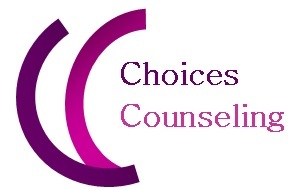The shock of any trauma, I think changes your life. It's more acute in the beginning and after a little time you settle back to what you were. However it leaves an indelible mark on your psyche.
Alex Lifeson - Rush
Xena: See how calm the surface of the water is. That was me once. And then....(throwing a rock in the lake)....the water ripples and churns. That's what I became.
Gabrielle: But if we sit here long enough it will go back to being still again. You'll go back to being calm.
Xena: But the stone's still under there. It's now a part of the lake. It might look as it did before but it's forever changed.
Xena: Warrior Princess, Dreamworker [1.03]
I told them about Eye Movement Desensitization and Reprocessing (EMDR) and how it can work with kids. The beauty is the kids do not have to talk about or even know why they are upset. It starts with whatever feeling the child is having. The process works without having to articulate anything. Traditional "talk therapy" does not work for everyone for a variety of reasons.
One of the things I love about EMDR is you don't have to talk. It works on a neurobiological level. It works relatively quickly. If someone has experienced one traumatic event, like a car accident or witnessed an assault, it can work in 2-5 60 minute sessions. People feel better when a session is over than they did when they walked in. Once the traumatic event is processed, the nightmares, anxiety and flashbacks are gone and do not come back.
When people have been exposed to multiple incidents, it becomes more complicated and takes more time. Although generally speaking, not every incident must be processed in order for a person to heal, the process happens much more quickly than exposure or talk therapy.
To find out more information, go to my page on EMDR, the EMDR web-site, or contact me.





 RSS Feed
RSS Feed